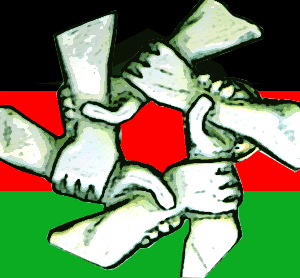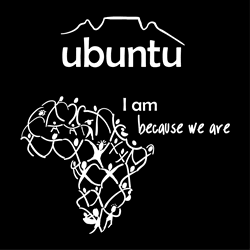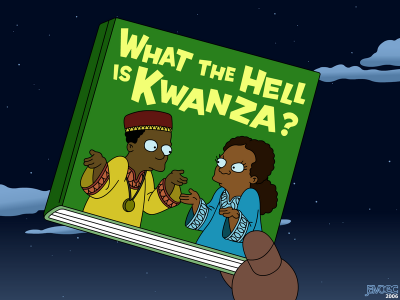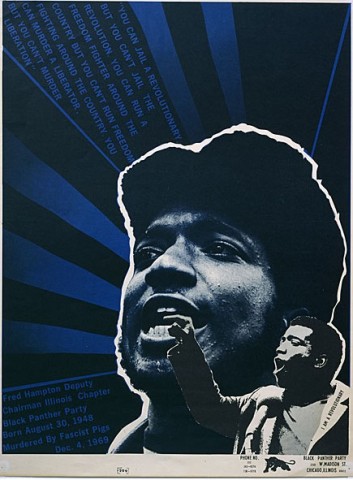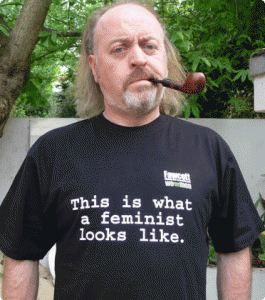This is my reflection on Ujima: Collective Work and Responsibility
For more than a year, I’ve entertained way too many conversations about the shortage of Black men and Black women who remain hopelessly single. I tend to avoid these conversations, because it seems little can come of them other than hurt feelings and finger pointing. Well while reflecting on Ujima, I wondered how the principle could help this discussion given my inbox and twitter feed was abuzz with a recent story on the “crisis” in the Black community. I am certain that the blame game that comes around from discussions of relationships nor is it something that is unique to Black folks. I however realize it can come into special relief when we begin to talk about the numbers of Black women and men that are not married or the number of “out-of-wedlock” births that we have. The “crisis” of the Black family is not new, the placing of blame on Black women is not new, blaming men is not new, but the repackaging of it continues to draw attention and the opposite of productive discussion, mainly it ends up being a new opportunity for us to sidestep personal work, overlook progress, and undermine community work.
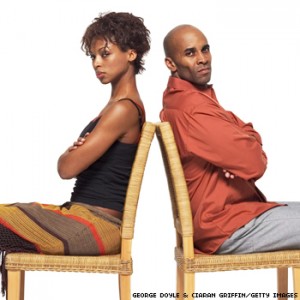
The principle of Ujima asks that we all acknowledge our role in the current condition and collectively work to repair it, this seldom happens in the current discourse. The recent Washington Post profile of Helena Andrews and the Nightline segment on unmarried Black women have kept us consumed with chatter. The Nightline segment features a number of sisters talking about the dilemma of being single and successful and then they’re joined by relationship guru comedian (who is asked to speak on a serious social issue) Steve Harvey. Harvey offers some commentary on the women’s aesthetic beauty, says older men failed to socialize younger males, and then tells the sisters to date older men to fulfill what the story purports as “missing.” The story created quite a buzz and part of it, I’d say, is due to the way the piece is framed. The piece highlights an ever declining population of marriagable men and high achieving women, pitting men against women in a zero sum game which results in a decaying Black family. When I saw the piece I didn’t get bent out of shape about it and reach for a lighter to reignite the battle of the sexes, instead I saw a more promising narrative on mate selection, accomplishment, and community. This was, in part, because I listened to the voices of the sisters, rather than the voice that framed the piece. If you listen to the women’s testimonies they articulate clear expectations, a desire to settle down, but not the desire to settle. Quite the opposite of what is popularly emphasized where sisters have unrealistic standards, are hungry to trap men, and emasculate the men in their lives. Their voices and stories, like so many that I’ve read or watched on the topic, get twisted and are used to suggest there is more space for discontent and disunity than for collective work and responsibility.
The reality, as I see it, is that the changing forms of family, gender, and community mandate that we not look at each other and assume we will replicate the systems of the past. This doesn’t mean a total disavowal of what we had, but it often means me must acknowledge what we used in the past may not work today. In order to begin collective work we have to agree upon a problem or set of problems, which I’m not sure we do. What if what one called a problem another saw as an evolution and a success? Too often we assume marriage is the bedrock for a strong community, however family is much more-so. And family, for African-Americans and people of African descent has been defined in many ways that clash the mythos of the nuclear family. Are we ready to begin the work of collective uplift be acknowledging we may not be all shooting at the same target of family? Are we ready to acknowledge the role that emotional scars hold for men and women in choosing partners? Are we ready to move beyond discussions of “baby mama” drama and enter the work of co-parenting? These are some of the questions and topics I’d love to see tackled so that we may truly begin to see our brothers and sisters problems as our own, as well as, our brothers and sisters strengths as our own. From there we can begin to do the work of collective work and responsibility for the Black community.
